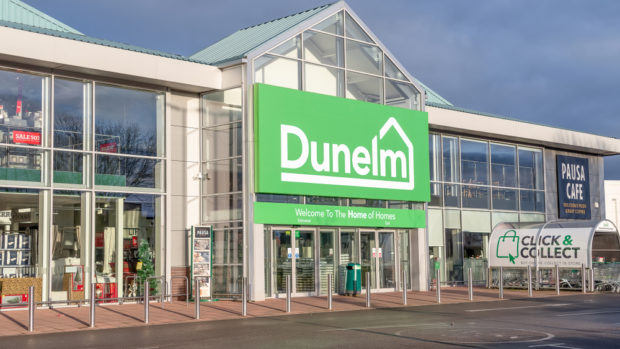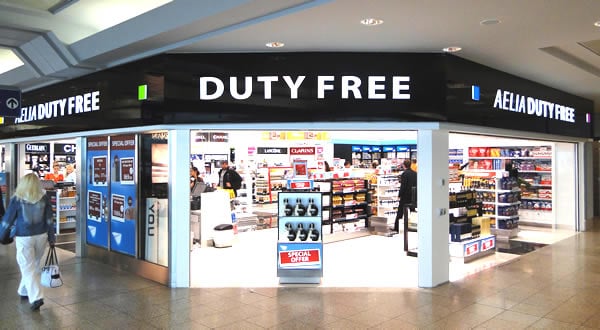
Despite online sales now accounting for a third of all retail, three in five consumers still think it’s important for brands to have a bricks and mortar store, as well as an online presence.
The new research, by supercharged commerce, found that younger generations are driving this trend, with almost three quarters of Gen Z and 70 per cent of Millennials saying that it’s still important for brands to have a physical store. Unsurprisingly, being able to do all of their shopping online has become more important to a third of people over the past year. Perhaps more surprisingly, a quarter said being able to buy from a physical high-street had become more important, even during the pandemic.
The nationwide survey of 2,000 consumers also found that whilst 70 per cent of product searches start online, 12 per cent still start in stores.
Commenting on this, Tim Edwards, founder of supercharged commerce, said: “With online accounting for 35 per cent of all retail sales, the eCommerce boom is showing no signs of slowing down. However, that doesn’t mean brands should ignore the need for a physical presence.
“Now restrictions have lifted, UK consumers have more freedom than they did 12 months ago and, in many cases, actually miss the physical shopping experience – particularly younger people. Although brands now need to adapt to the new eCommerce age, they must listen to the consumer demand for high-street stores by providing joined up, multi-channel shopping experiences – ‘experiences’ being the key word here.”
The research also found that shopping at independent retailers is also on the rise, demonstrating the shift to consumers wanting to support smaller brands in the past year. Of those surveyed, 28 per cent said it was more important for them to shop at independent retailers than it was 12 months ago. Almost a third also believe it is now more important to shop locally.
Apart from products arriving late, damaged or not as described online, those surveyed were asked what most damages their trust in retailers. A quarter said it was when a brand goes through a public scandal and 29 per cent commented it was when brands didn’t pay enough tax.
Tim continued: “Customers are now becoming far more discerning when it comes to who they shop with. With ethical and purpose-driven spending on the rise, UK consumers are becoming more conscious of who they shop with and brands they trust. Retailers should take notice of this and ensure they are providing experiences that align with these new buying habits.”








Share